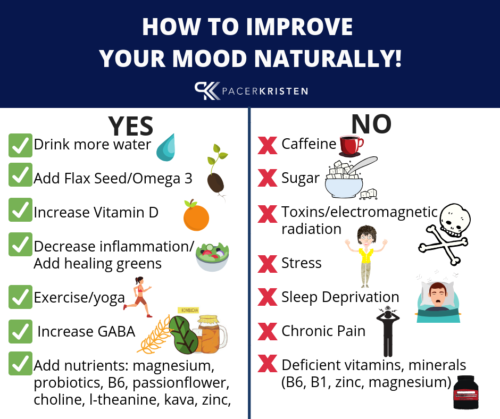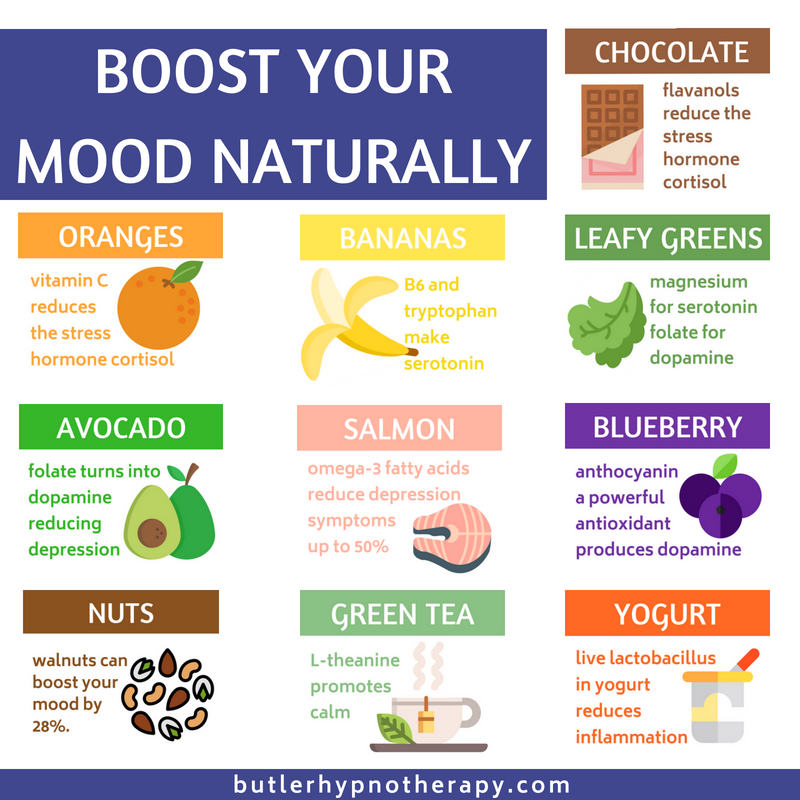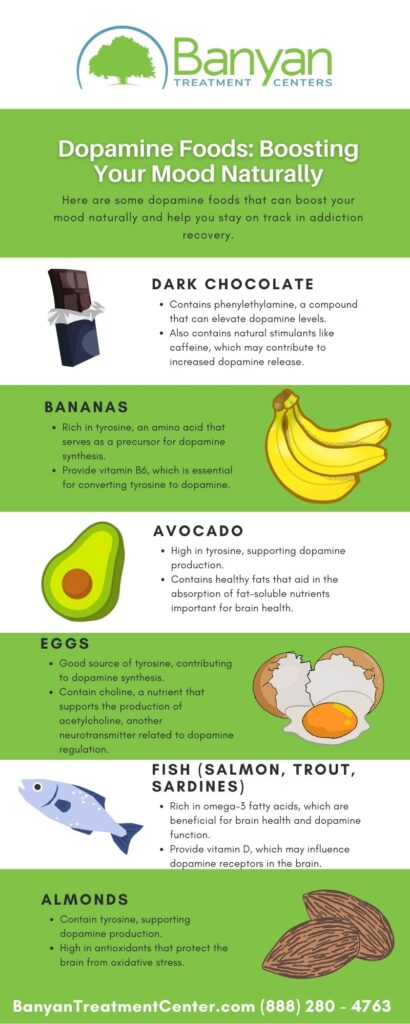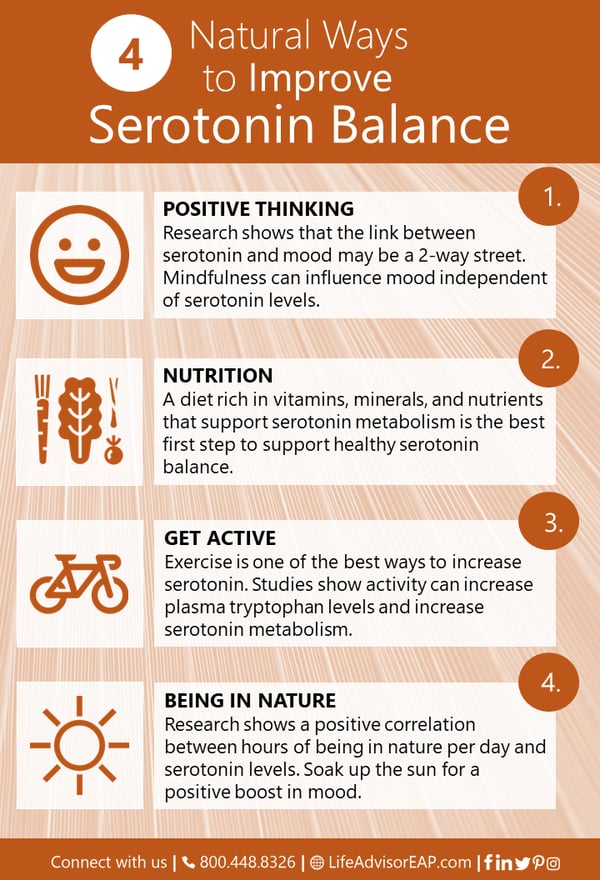How to Boost Mood Naturally
Everyone experiences periods of low mood or feeling down from time to time. However, there are natural ways to boost your mood and improve your overall well-being without relying on medication. In this article, we will explore some simple yet effective methods to lift your spirits and enhance your mental health.
Exercise Regularly
Exercise is not only beneficial for your physical health but also plays a significant role in improving your mood. When you engage in physical activity, your body releases endorphins, also known as feel-good hormones, that can help reduce feelings of stress and anxiety. Whether it’s going for a brisk walk, practicing yoga, or hitting the gym, finding an exercise routine that you enjoy can make a difference in how you feel.

Additionally, regular exercise can help improve your sleep quality, boost your self-esteem, and increase your energy levels. Aim for at least 30 minutes of moderate-intensity exercise most days of the week to experience the mood-boosting benefits of physical activity.
Incorporating mindfulness practices such as meditation or deep breathing exercises into your daily routine can also help reduce stress and promote a sense of calm and relaxation.
Get Adequate Sleep

Sleep plays a crucial role in regulating your mood and overall well-being. Lack of sleep can lead to irritability, difficulty concentrating, and increased feelings of anxiety and depression. To boost your mood naturally, prioritize getting enough rest each night by establishing a regular sleep schedule and creating a relaxing bedtime routine.
Avoiding caffeine and electronic devices before bedtime, creating a comfortable sleep environment, and practicing relaxation techniques can help improve the quality of your sleep and enhance your mood during the day.

If you struggle with sleep issues, consider speaking with a healthcare professional to identify potential underlying causes and explore treatment options to improve your sleep quality.
Eat a Balanced Diet
Your diet can have a significant impact on your mood and mental health. Consuming a diet rich in fruits, vegetables, whole grains, lean proteins, and healthy fats provides your body with essential nutrients that support brain function and mood regulation.

Foods high in omega-3 fatty acids, such as fatty fish, nuts, and seeds, have been shown to have antidepressant properties and can help alleviate symptoms of depression and anxiety. Additionally, maintaining stable blood sugar levels by eating regular meals and snacks can prevent mood swings and energy crashes throughout the day.
Limiting the intake of processed foods, sugary snacks, and caffeine can help stabilize your mood and reduce inflammation in the body, which is linked to mood disorders. Stay hydrated by drinking plenty of water throughout the day to support your overall well-being and boost your mood naturally.
Connect with Others

Social connections play a vital role in promoting mental health and well-being. Building and maintaining positive relationships with friends, family members, and community members can provide emotional support, reduce feelings of loneliness, and boost your mood.
Whether it’s scheduling regular phone calls with loved ones, joining a social group or club, or volunteering in your community, finding ways to connect with others can help improve your mood and overall quality of life. Share your thoughts and feelings with trusted individuals, seek help and support when needed, and prioritize spending time with people who uplift and support you.

Engaging in meaningful social interactions and fostering a sense of belonging can have a positive impact on your mental health and happiness. Remember that it’s okay to reach out for help and support when you’re struggling and that you don’t have to go through challenging times alone.
Practice Gratitude
Cultivating a sense of gratitude can help shift your perspective and improve your mood. Taking time each day to reflect on the things you’re thankful for, whether big or small, can help you focus on the positive aspects of your life and promote feelings of joy and contentment.

Keeping a gratitude journal, writing thank-you notes, or simply expressing appreciation for the people and things you value can help reframe negative thoughts and enhance your overall well-being. Practicing gratitude can also increase resilience, improve self-esteem, and foster a sense of optimism.
By acknowledging the good in your life and practicing gratitude regularly, you can boost your mood naturally and cultivate a more positive outlook on life. Challenge yourself to find something to be grateful for each day and notice how it impacts your mood and overall happiness.
Spend Time in Nature
Spending time in nature can have a profound impact on your mood and mental health. Research has shown that being in natural environments, such as parks, forests, or beaches, can reduce stress, anxiety, and depression and promote feelings of relaxation and well-being.
Whether it’s taking a leisurely walk in the park, going for a hike in the mountains, or simply sitting outside and enjoying the fresh air, connecting with nature can help rejuvenate your mind and body. Engage your senses by listening to the sounds of the outdoors, feeling the sun on your skin, and observing the beauty of the natural world around you.
Incorporating nature into your daily routine, such as gardening, birdwatching, or practicing outdoor yoga, can help boost your mood and enhance your mental health. Make time to unplug from technology, step outside, and immerse yourself in the healing power of nature to experience its mood-boosting benefits.
Set Realistic Goals
Setting realistic goals and working towards them can give you a sense of purpose, accomplishment, and motivation, which can positively impact your mood. Whether it’s completing a project at work, learning a new skill, or pursuing a hobby you enjoy, having goals to strive towards can help increase your self-esteem and satisfaction with life.
Break down larger goals into smaller, achievable steps, create a plan of action, and track your progress along the way to stay motivated and focused. Celebrate your successes, no matter how small, and learn from any setbacks or challenges you encounter.
By setting realistic goals that align with your values and interests, you can boost your mood naturally and cultivate a sense of fulfillment and well-being. Remember to be kind to yourself, practice self-compassion, and celebrate your efforts and achievements along the way.
Seek Professional Help When Needed
If you’re struggling with persistent feelings of sadness, anxiety, or low mood that are impacting your daily life and well-being, it’s essential to seek professional help. A mental health professional, such as a therapist, counselor, or psychiatrist, can provide support, guidance, and treatment options to help you improve your mental health and mood.
Therapy sessions can help you explore your thoughts and emotions, develop coping strategies, and learn effective ways to manage stress and anxiety. Medication may be recommended in some cases to help alleviate symptoms of depression or other mental health conditions.
Don’t hesitate to reach out for help if you’re experiencing difficulties with your mood or mental health. Seeking professional support is a sign of strength and courage, and it can make a significant difference in how you feel and function on a day-to-day basis.
Conclusion
In conclusion, there are numerous natural ways to boost your mood and improve your mental health without relying on medication. From engaging in regular exercise and getting adequate sleep to practicing gratitude and spending time in nature, incorporating these strategies into your daily routine can help enhance your overall well-being and happiness.
Remember that everyone’s journey to better mental health is unique, so it’s essential to explore different strategies and find what works best for you. Prioritize self-care, practice self-compassion, and reach out for help when needed to support your mental health and well-being.
By taking proactive steps to boost your mood naturally, you can experience greater emotional resilience, increased positivity, and a sense of fulfillment in your life. Start implementing these strategies today and notice how they positively impact your mood and overall happiness.
FAQ
1. Is it normal to experience mood swings?
Yes, it’s normal to experience occasional mood swings due to various factors such as stress, hormonal changes, or lifestyle habits. However, if you notice persistent or severe mood swings that interfere with your daily life, it’s essential to seek professional help to explore potential underlying causes and treatment options.
2. How can I support a loved one who is struggling with their mood?
If a loved one is struggling with their mood, it’s essential to offer emotional support, listen without judgment, and encourage them to seek professional help if needed. Stay engaged, check in regularly, and provide reassurance that you’re there to support them through challenging times.
3. Can natural remedies help improve mood?
Yes, natural remedies such as exercise, mindfulness practices, healthy eating, and social connections can help improve mood and mental health. Incorporating these strategies into your daily routine can support your overall well-being and boost your mood in a natural and sustainable way.